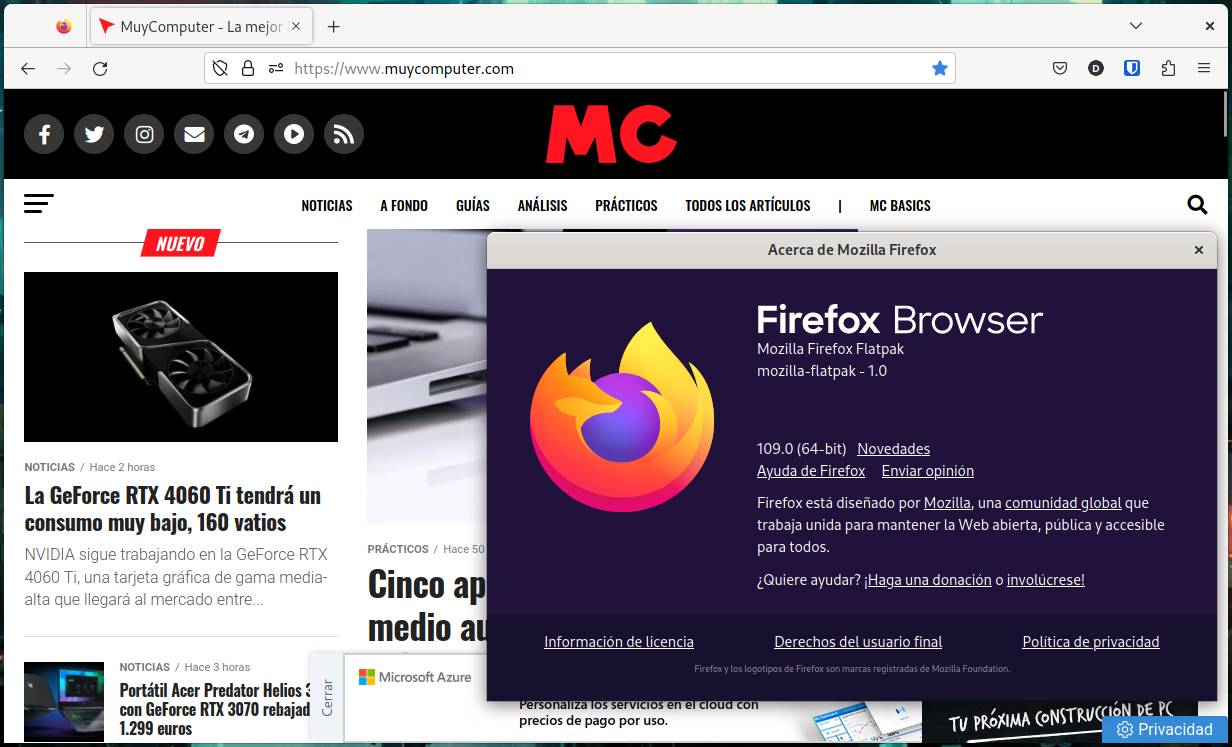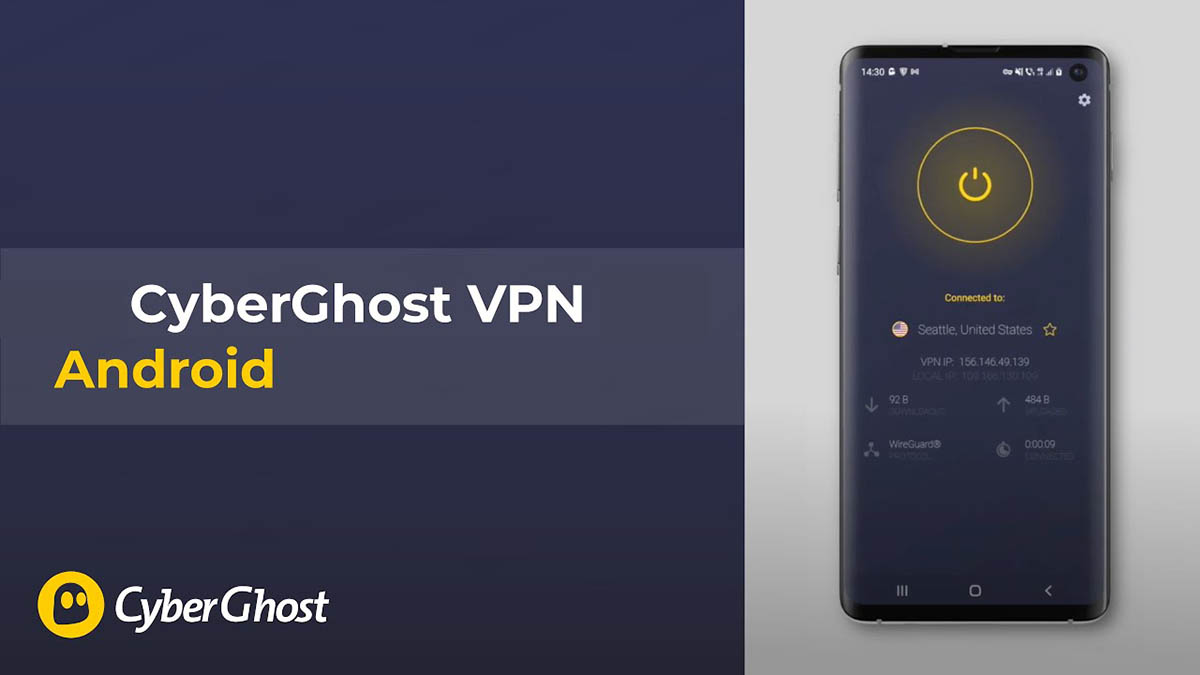
Firefox 109 It is already with us as the new major version of the web browser developed by Mozilla, which on this occasion introduces a novelty that may seem scary to many: Manifest V3. Yes, we are talking about the specification for extensions promoted by Google, which in its third version threatens to greatly limit the range of action of ad blockers and therefore the freedom of users over the content displayed through the web browser. Don’t panic though, as Mozilla has been true to its word of not swallowing the most controversial aspects (or so it says).
The implementation of Manifest V3 in Firefox is no surprise if we see that Mozilla announced two years ago that it would adopt it, but its way. The foundation has explained itself in more detail in a post published on its official blog, in which it states that it agrees “to introduce Manifest V3 support for plugins, thus maintaining a high level of compatibility to support cross-development.” browsers.”
“Nevertheless, there are some critical areas, such as security and privacy, where our principles call for a different course of action. In a few specific areas, we decided to stray from the Chrome implementation and incorporate our own signature Mozilla elements. Therefore, the Firefox version of Manifest V3 will provide cross-browser extension interoperability along with enhanced security and privacy protections and improved support for mobile extensions.”
In other words, the implementation of Manifest V3 introduced by Mozilla in Firefox tries to maintain a high level of interoperability with other browsers while providing the privacy that Google has allegedly decided to remove from Chromium. This way, ad blockers should be able to work as usual in Firefox, although that doesn’t have to eliminate the need for some changes to extensions.
The controversy surrounding Manifest V3 has been such that Google has decided to keep version 2 of the specification for one more year., which has also been adopted by Microsoft. For their part, Opera, Vivaldi and Brave have opposed the limitations introduced in Manifest V3, but we will see how much they can resist seeing that they are all Chromium-based browsers and therefore are very tied to the decisions that Google makes around the original project. , and it is that, although Chromium is Open Source, that does not mean that the resources available for its modification are infinite. How could it be otherwise, Mozilla picks up the concern generated and uses it as a dart against its rival, also showing that Firefox cares about privacy.
Going back to what really concerns us in this entry, Firefox 109 has incorporated the corresponding dictionaries for the spell checker in the Spanish of Spain (es-ES) and Spanish of Argentina (es-AR) localesthe native HTML date picker can work only with a keyboard, Arbitrary Code Guard exploit protection has been enabled in media playback to improve security for Windows users, and on macOS the combination of Cmd+trackpad keys or mouse wheel scrolls the page instead of zooming.
All the details about Mozilla Firefox 109 are available in the release notes, while the app can be obtained for Windows, macOS, and Linux from the corresponding download section. If you have it installed, your update can be forced by following the route Main Menu > Help > “About Firefox”, although in the case of Linux the logical thing to do is to wait for it to arrive through the repositories of the distribution, Snap and/or Flathub (Flatpack). In Android, his thing is that it is supplied through the Google Play Store.




